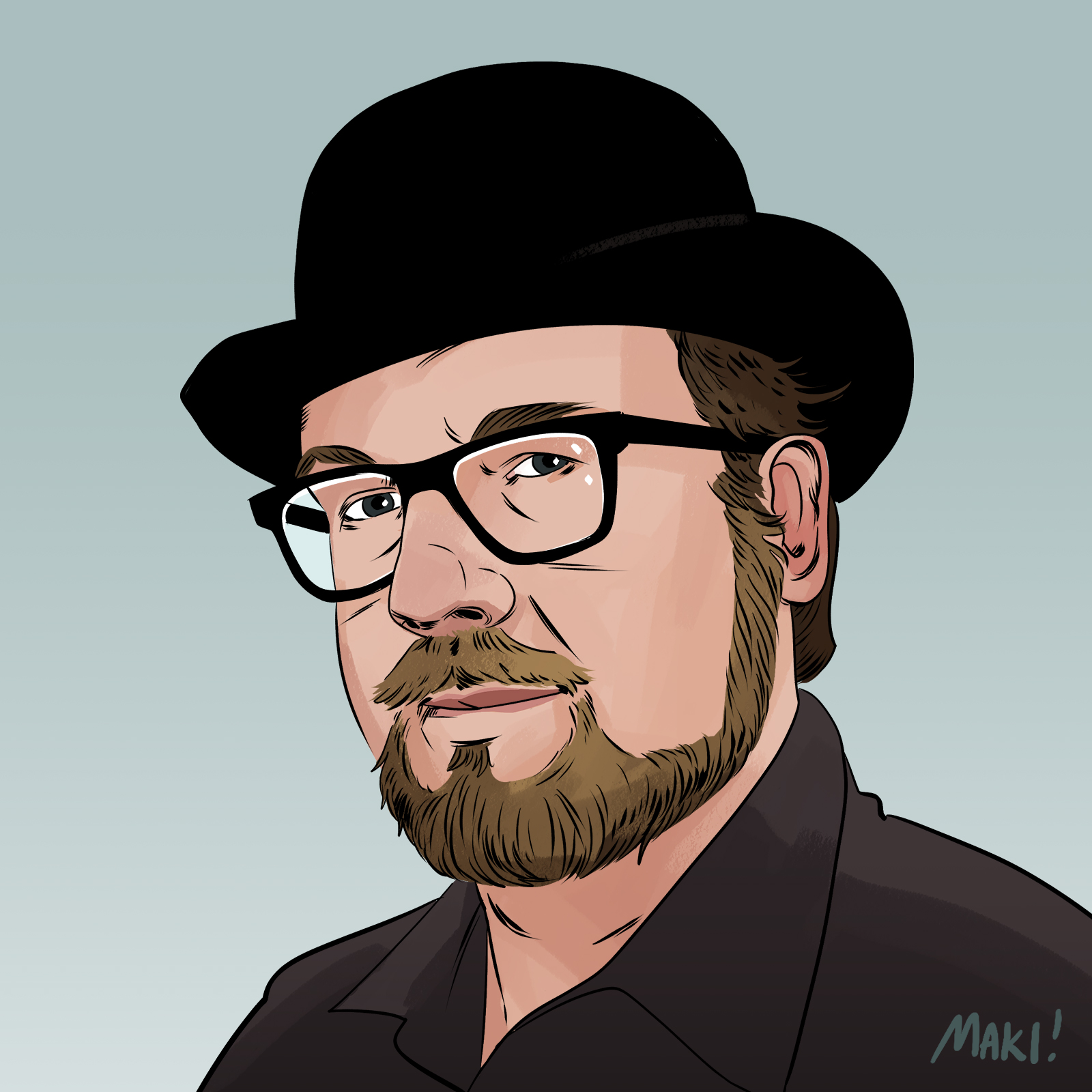
I don’t have a lot of scientists in my family; neither of my parents and none of my siblings or grandparents are in science, so I didn’t have typical role models. I was fortunate in having constant encouragement, however, both from family and teachers, and had access to good libraries. As I’ve lived in many towns with very poor libraries and worse schools since then, I really am appreciative of the resources I had growing up.
However, I have never been a “natural” scientist in the sense that I’ve always had to work hard for my science. Some people seem to be able to do the work without thinking too hard, never needing to ask questions, instantly grasping new concepts, but that was never me. As you can imagine, that could lead to frustrations in school sometimes, but I made it through a bachelor’s degree and a Ph.D. in physics. It was hard work, but honestly I think if it had been easy for me, I wouldn’t be the scientist I am.
Many people, both kids and adults, seem to believe that only “natural” scientists are really fit to do science. As Marie-Claire Shanahan found in a survey she gave in secondary schools, “Some students went as far as to say that real science students don’t need to participate in science class because they should know the right answers already.” That’s something that should give any educator pause (or nightmares). Can you imagine that carrying over into any other human endeavor? Expecting that scientists should “know the answers already” is akin to someone being born knowing the works of Shakespeare by heart—in other words, a ridiculously high expectation. We can’t blame kids for thinking this way, given how stereotyped science is in our culture: how many times do people still tell me “Oh, you must be so smart!”?
If I may quote Marie-Claire’s post again:
[This misconception] happens because these are science education traditions. They are embedded in the way that we talk about school science, the way school science looks on tv and in movies, the way parents remember school science and in the legends that older brothers, sisters and cousins tell kids. It’s also embedded in the basic practices of school science.
But it’s wrong: asking questions is the soul and center of science, to adapt a phrase from Terry Pratchett. As Marie-Claire points out, the stereotype of the brilliant scientist who never has to work is not just antithetical to how science really works, it’s simply not true.
Some people do have an easier time than others, but there isn’t a strong connection between how easy someone finds science and how much they contribute to human knowledge. For every prodigy, there is another who struggled in school. What we must do as educators—including journalists and science writers—is encourage the asking of questions, the seeking of knowledge, the enhancement of what is known as “science literacy”. Most people won’t become professional scientists, but why should they should be excluded or discouraged from learning as much as they can?
Ask questions, no matter how basic or advanced, no matter whether you’re a kid or an adult. That’s the soul and center of science.

2 responses to “The Soul and Center of Science”
Awesome post. In my mind, a “natural scientist” is one who constantly asks questions and delights in the process of finding the answer, however tedious that process might be. After a couple of years of postdoc, I found that I had lost the delight in the process, which is when I decided I needed to find another way to be involved in science. The asking questions part always came easy to me, and I know that that was a gift from my parents and the farm/forest that was my playground as a child. I hope I can nurture the same inquisitiveness in my own child – I know it is already there, it is just my job as a parent to encourage it rather than discourage it.
[…] really doing science.” A terrific piece (in the same vein as, but better than, my “science is about asking questions” […]